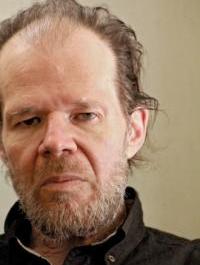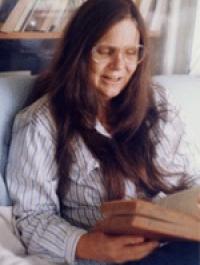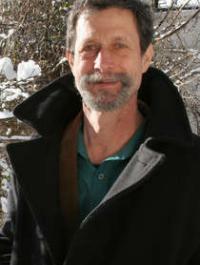Search All Winners
| Name Sort descending | Genre | Year | |
|---|---|---|---|
| Harriet Ritvo | Nonfiction | 1990 | |
| José Rivera | Drama | 1992 | |
| Lewis Robinson | Fiction | 2003 | |
| James Robison | Fiction | 1985 | |
| Rick Rofihe | Fiction | 1991 | |
| Carlo Rotella | Nonfiction | 2007 | |
| Jess Row | Fiction | 2003 | |
| Mary Ruefle | Poetry | 1995 | |
| Sarah Ruhl | Drama | 2003 | |
| Michael Ryan | Poetry | 1987 | |
| Russ Rymer | Nonfiction | 1995 | |
| Lucy Sante | Nonfiction | 1989 | |
| Saïd Sayrafiezadeh | Nonfiction | 2010 | |
| James Schuyler | Poetry | 1985 | |
| Claire Schwartz | Poetry | 2022 | |
| Salvatore Scibona | Fiction | 2009 | |
| Danzy Senna | Fiction | 2002 | |
| Anton Shammas | Fiction | 1991 | |
| Anton Shammas | Nonfiction | 1991 | |
| Charif Shanahan | Poetry | 2024 | |
| Akhil Sharma | Fiction | 2001 | |
| Lisa Shea | Fiction | 1993 | |
| Julie Sheehan | Poetry | 2008 | |
| Mona Simpson | Fiction | 1986 | |
| Safiya Sinclair | Poetry | 2016 | |
| Jake Skeets | Poetry | 2020 | |
| Aisha Sabatini Sloan | Nonfiction | 2025 | |
| Genevieve Sly Crane | Fiction | 2020 | |
| Evan Smith | Drama | 2002 | |
| Tracy K. Smith | Poetry | 2005 | |
| Dalia Sofer | Fiction | 2007 | |
| Jason Sommer | Poetry | 2001 | |
| Elizabeth Spires | Poetry | 1996 | |
| Jane Springer | Poetry | 2010 | |
| Matthew Stadler | Fiction | 1995 |





